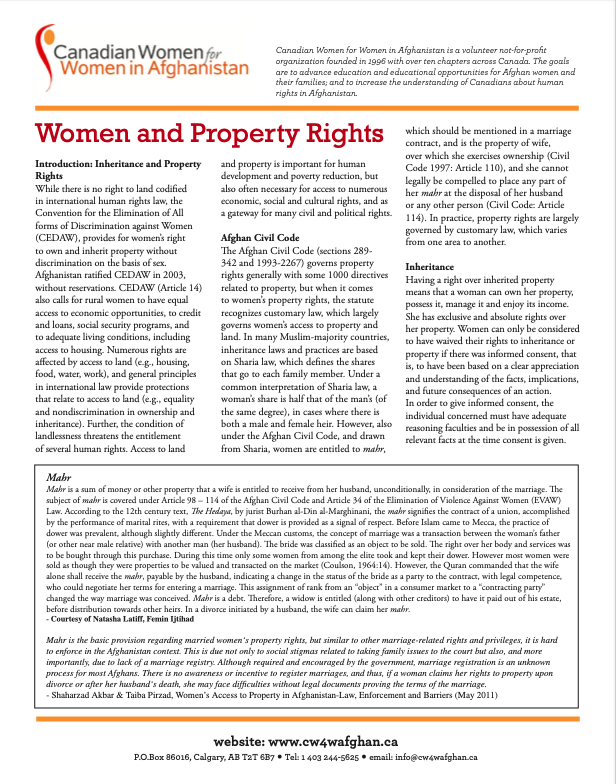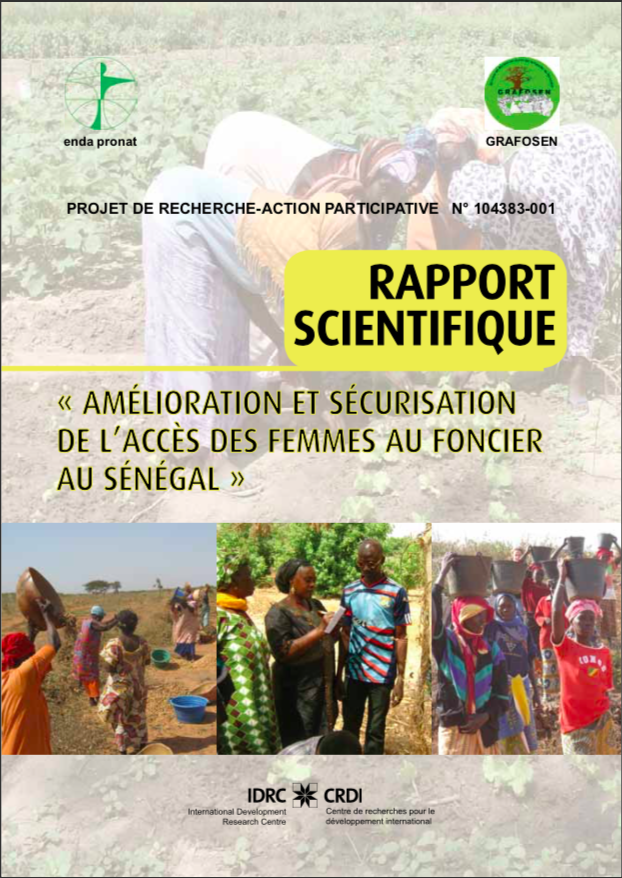Land – Tenure, Grabs, Gender and the Law: Report on a Mokoro Seminar
Brief summary of 4 presentations at the Mokoro land seminar by Martin Adams (Mokoro) on FAO’s support for tenure, rights and access to land and natural resources: lessons from Mozambique; by Joseph Hanlon (LSE) on The Mozambique land grab myth; by Elizabeth Daley (Mokoro) on Current issues around gender and land; and by Joss Saunders (Oxfam) on Engaging in strategic litigation and working with lawyers on land, gender and access to justice.










